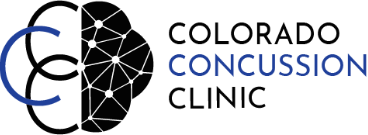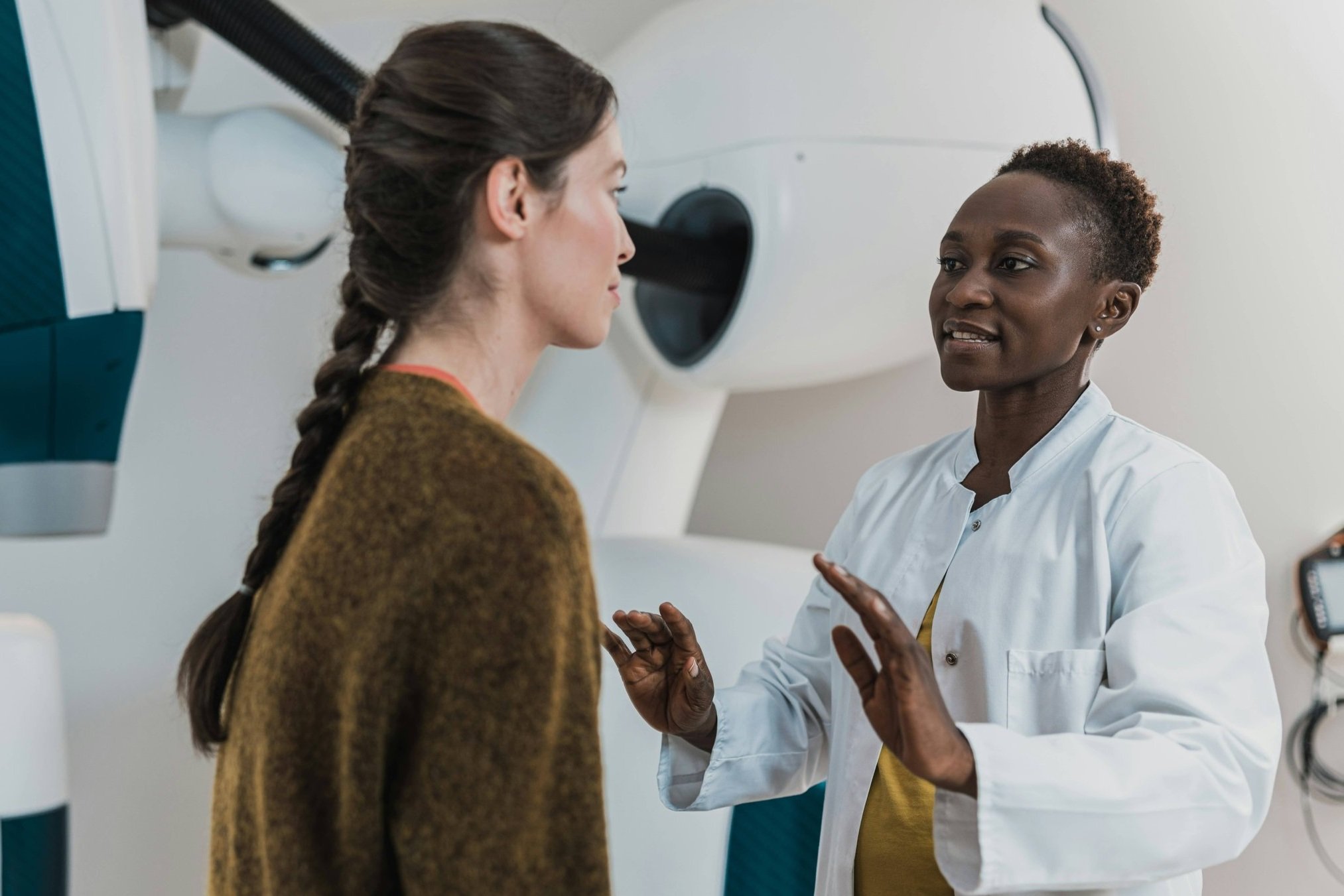Any orthopedist will tell you that a broken arm requires 4-6 weeks in a cast to heal. Heart surgeons give their cardiac patients 6 weeks to begin to feel better, and up to 6 months to feel the full benefits of the surgery. According to many professionals, an injury to the brain, our most complex organ, should take 10 days.
I hope you can appreciate the absurdity of the timelines given above. I will absolutely concede that a number of people with concussive injuries heal within that ten-day time frame, and that is certainly the hope, but many do not. Symptoms that persist beyond 10 days should be addressed by trained professionals to maximize recovery. Early treatment is key for better outcomes.
A common misconception of concussion (a term now synonymous with mild traumatic brain injury - “mtbi”) is that complete rest leads to recovery - a recommendation not based on current scientific data. Infact, research actually shows that complete rest beyond the first 24-48 hours is detrimental to healing. Research shows that moderate activity is imperative to healing from concussion. There is, however, a caveat: too much activity can set you back in your recovery.
Let me take a step back here. What is a concussion? What are the signs and symptoms?
The following definition is taken from the American Congress of Rehabilitation Medicine:
A patient with mild traumatic brain injury (aka concussion) is a person who has had a traumatically induced physiological disruption of brain function, as manifested by at least one of the following:
1. any period of loss of consciousness;
2. any loss of memory for events immediately before or after the accident;
3. any alteration in mental state at the time of the accident (e.g., feeling dazed, disoriented, or confused); and
4. focal neurological deficit(s) that may or may not be transient; but where the severity of the injury does not exceed the following:
• loss of consciousness of approximately 30 minutes or less;
• after 30 minutes, an initial Glasgow Coma Scale (GCS) of 13–15; and
• posttraumatic amnesia (PTA) not greater than 24 hours.
In layman's terms, if you don't “feel right” or you feel “out of it”, you likely sustained a concussion. It is important to note that nowhere in the definition does it say you had to have a direct blow to the head. In fact, quite the opposite is true. You can sustain a concussion without hitting your head.
Below are some of the most common real world signs and symptoms of concussion, grouped into the following categories: physical, cognitive, emotional, and sleep.
Physical Cognitive Emotional Sleep
Light Sensitivity Feeling foggy Easily Angered Too much sleep
Noise Sensitivity Trouble with memory Cry more easily Hard to fall asleep
Headaches Trouble finding words Hard to stay asleep
Dizziness/Balance Issues
Neck pain
Visual issues
Alright, so you think you have a concussion. Now that you know you probably shouldn’t rest and avoid everything, what should you do? Like I said, a percentage of the concussion population will recover within ten days. If you’re one of those people, that’s great. You can likely resume your activities, although you should take care to avoid hitting your head again. But if that’s not the case, please read on.
I equate concussion treatment to early intervention for school children. Any child that is struggling with learning to read will get some intervention (in most schools), because it is unclear if the child will eventually catch up with his or her peers, or fall further and further behind. Investing time and therapy in early intervention has been shown to lead to better outcomes compared to those who took the “wait and see” approach.
The same is true of concussion. Early intervention goes a long way and the evidence is beginning to show it reduces the chances of having persistent post concussive syndrome.
What might this intervention look like? Well, it depends on who you are and what your symptoms are. Are you an athlete now having trouble with dizziness and balance? Let's sign you up for some vestibular physical therapy. Are you having trouble at work and keeping up with tasks? A good cognitive therapist can help you with that. The list goes on and on. There are skilled treatments for each of these issues.
Words of caution: With concussion being a hot topic today, many health practitioners are quick to say, “Oh yeah, I can fix that!” Buyer beware- Just as you wouldn’t trust your mechanic to fix both your car and your dishwasher simply because they are both machines, you probably don't want your physical therapist who is treating your shoulder injury to treat your vestibular issues. Physicians and therapists in concussion rehabilitation are specialists, and you may need a team of these experts to get fully better. Do your due diligence and research your providers, and don’t be afraid to ask questions! Is there research and are providers using evidence-based practice? If not, then it is likely too good to be true.
Concussions are a serious injury and not something to be ignored. Early treatment is key for improved outcomes and reducing the risk of developing persistent post concussive symptoms. Don’t sit at home in a dark room for days...be proactive in your recovery!

